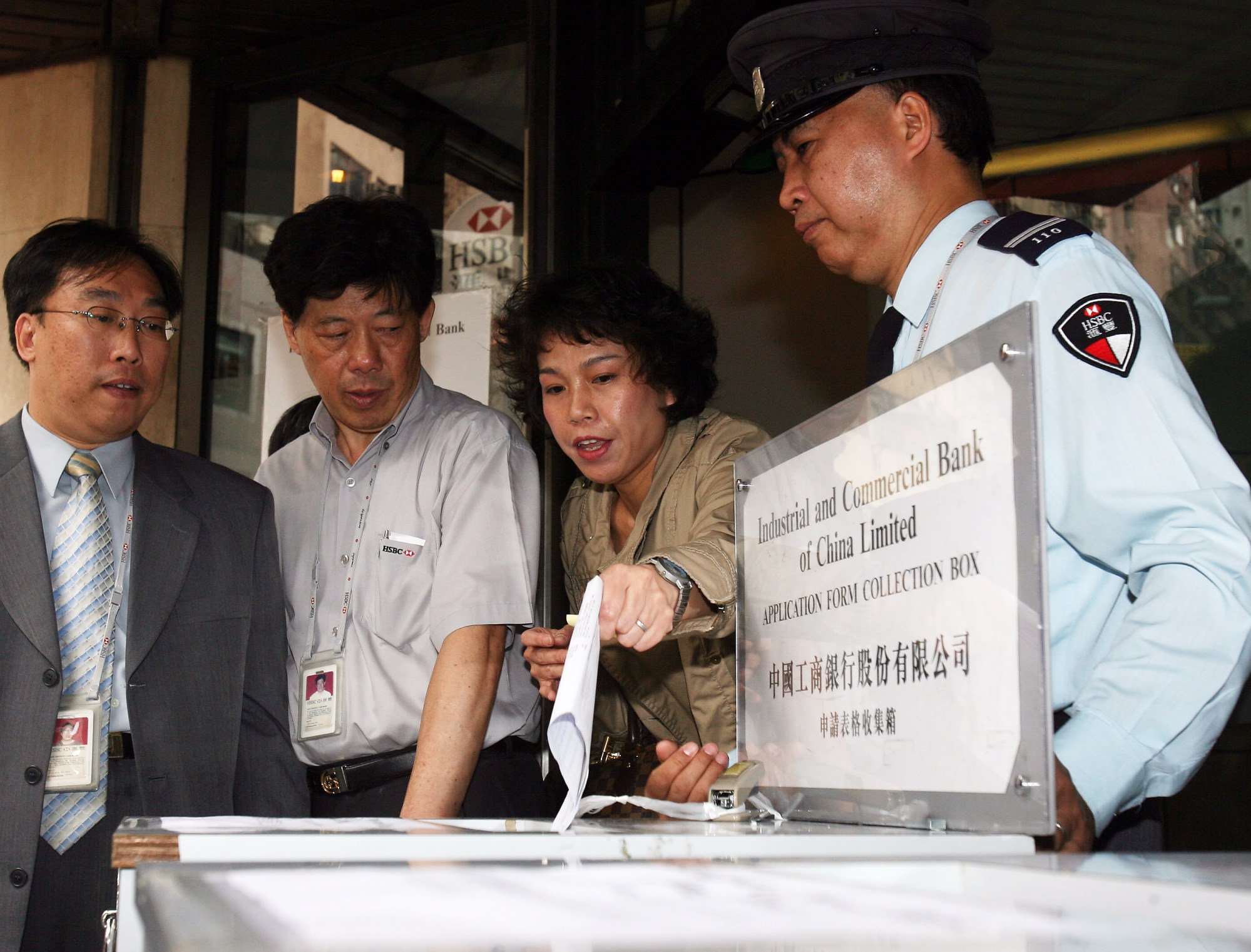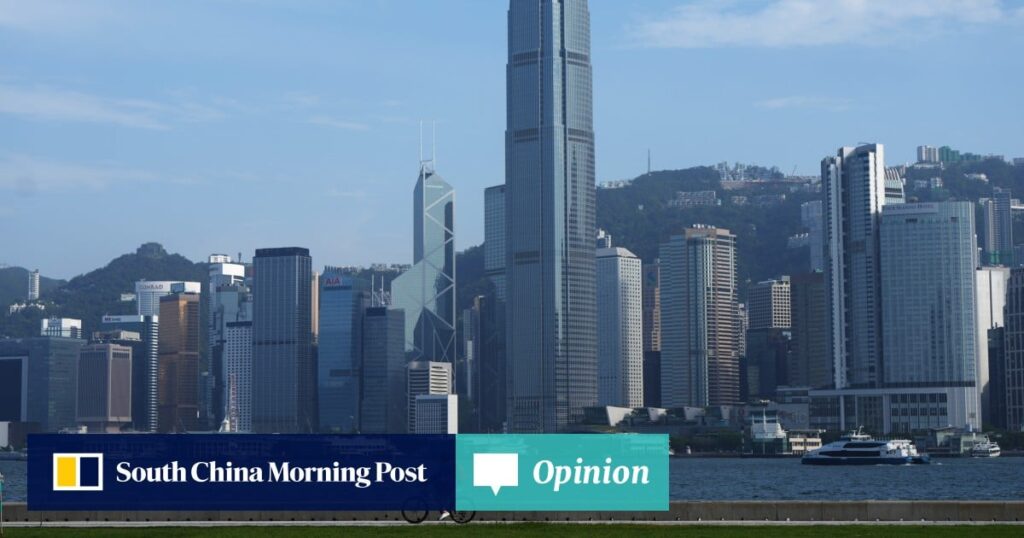In fact, when measured by purchasing power parity (PPP), China is already the world's largest economy. The way this works is simple: if a hamburger sells for 20 RMB ($2.80) in Shanghai and for $20 in New York City, the PPP exchange rate is 1 RMB = 1 USD.
The pandemic has changed many aspects of global dynamics. US-China competition has intensified, which has encouraged negative rhetoric against China among Americans. Claiming China's success or predicting its economic superiority has become politically incorrect in the US. More significantly, the deterioration of US-China relations has led many Chinese American academics to leave the US and return to China, including Hong Kong. Some of my friends are among them.
Although British occupation played a key role, Hong Kong's status as an international financial center has long been closely tied to the development of mainland China, rather than being a gift from the United States or Britain. Of the former British colonies in the Asia-Pacific region, Hong Kong and Singapore are perhaps the only ones that have maintained economic prosperity.
 Investors made last-minute applications at the HSBC Kwun Tong branch in Hong Kong as the Industrial and Commercial Bank of China's initial public offering was about to close in Hong Kong on October 19, 2006. The IPO was the world's largest at the time. Photo: Martin Chan Therefore, as long as mainland China continues on its path to becoming the world's largest economy, Hong Kong will inevitably strengthen and stabilize its position as a global financial centre, despite competition from cities such as Shanghai and Singapore.
Investors made last-minute applications at the HSBC Kwun Tong branch in Hong Kong as the Industrial and Commercial Bank of China's initial public offering was about to close in Hong Kong on October 19, 2006. The IPO was the world's largest at the time. Photo: Martin Chan Therefore, as long as mainland China continues on its path to becoming the world's largest economy, Hong Kong will inevitably strengthen and stabilize its position as a global financial centre, despite competition from cities such as Shanghai and Singapore.
The difficulties and challenges Hong Kong currently faces stem from several sources. First, mainland China's economy has yet to fully recover from the impact of the three-year pandemic. Second, as China's economic development approaches the level of developed countries, its growth rate may slow, a trend that is in line with economic development theory. Third, the United States' use of its global financial dominance to suppress China has a direct impact on Hong Kong.
However, China’s long-term economic trajectory will not be halted by natural or man-made disasters. Although China’s economic recovery initially fell short of expectations, multiple indicators suggest a comprehensive recovery, as reflected in the International Monetary Fund’s recent upward revision of China’s 2024 gross domestic product (GDP) growth forecast. Furthermore, last year, China included becoming a financial powerhouse among its key national development goals. As a result, the China Securities Regulatory Commission recently introduced five measures to strengthen cooperation between mainland China and Hong Kong’s capital markets. Hong Kong is an essential and crucial part of the national financial powerhouse plan. As the Chinese economy continues to grow, Hong Kong’s international financial status will be further strengthened and enhanced. Moreover, the Guangdong-Hong Kong-Macao Greater Bay Area, which includes Hong Kong, is emerging as a major hub for technological innovation. The future importance of being a technological innovation center may rival that of being a financial center. Of course, the two complement and are indispensable to each other.
China's goal is to become the world's largest developed economy by total economic output, with a GDP per capita exceeding $20,000 by 2035. If things go as planned, its economic growth rate is expected to remain at around 5% over the next few years. As the economy grows, so will the demand for finance, creating opportunities for the growth of Hong Kong's financial market.
With this in mind, Justin Yi-fu Lin, former chief economist and senior vice president of the World Bank, points out that China's GDP per capita is expected to reach half that of the United States by 2049. He also predicts that China's economic output could be twice that of the United States by the same year. By that time, Hong Kong will likely be the world's number one financial center, backed by the world's strongest economy.
G. Bin Zhao is the founding chairman of the Global CEO Association.



